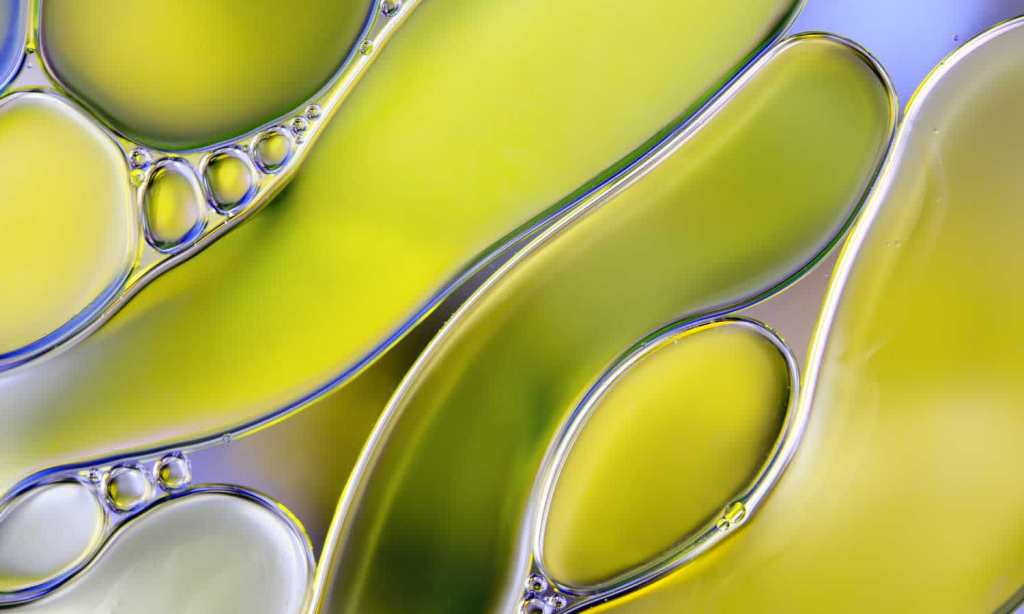While it’s said to quell anxiety and improve sleep, CBD has become something of a food trend in the United States where it’s most consumed.
Cafes will add a few drops to your morning brew (for an added cost, of course); pet parents are giving their pups water infused with the stuff; and beauty brands are adding CBD oil as a key ingredient to improve the appearance of skin.
Yet, CBD oil is yet to be legalised in Australia for consumption of this nature. So, what exactly is CBD, and how does one actually get their hands on it? We asked Mark Waldron, Melbourne-based co-founder of Best Brand CBD, for his answers to these questions and more.
What is CBD?
CBD, short for cannabidiol, is a natural extract that comes from the hemp plant. Hemp is a strain of the cannabis sativa plant species that is grown specifically for the industrial uses of its derived products.
Cannabidiol (CBD) is a phytocannabinoid discovered in 1940. It is one of 113 so far identified cannabinoids and accounts for up to 40% of the plant’s extract.
Does CBD get you high?
Unlike the marijuana or cannabis plant, which contain tetrahydrocannabinol (or THC), cannabidiol does not have any psychoactive ingredients, meaning it will not get you ‘high’.
Delta-9-tetrahydrocannabinol, or THC, is probably the best-known derivative for its psychoactive properties. THC is the component that gets you ‘high’ and comes from the cannabis or marijuana strain of the plant.
How does CBD work?
CBD (and THC) work by interacting with our body’s endocannabinoid system, a regulatory system made up of naturally occurring cannabis-like molecules. Cannabinoids like CBD and THC interact with the endocannabinoid system at two known receptors: CB1 and CB2.
CB1 receptors are mainly present in the brain — where they’re involved with cognition, memory, motor skills and pain — but also in the peripheral nervous system, liver, thyroid, uterus and more. THC attaches itself to these receptors, inhibiting the release of neurotransmitters and possibly increasing the release of others, altering normal functioning. Researchers once thought that CBD did the same thing, however, they no longer believe that to be true.
Although the exact way CBD affects our bodies is still somewhat unknown, scientists believe CBD encourages the body to produce more of its own endocannabinoids, which may help reduce anxiety, pain and inflammation.
What are the benefits to taking CBD oil?
The exact health benefits associated with taking CBD aren’t yet definitive, however, with one in seven adults in the US now using CBD on a regular basis, there is increasing ongoing medical research pointing to a number of benefits.
The most common use for CBD is for anxiety, improvement in the quality of sleep and as a natural anti-inflammatory and pain reliever.
CBD can also help in the bedroom. Research has shown that CBD may be effective at reducing stress and anxiety, and that relaxation can, in turn, reduce the worries that can inhibit a positive sexual experience.
Does CBD oil have negative side effects?
There are some reported side effects of CBD. These include nausea, fatigue and irritability. CBD may also increase the level in your blood of the blood thinner coumadin, and it can raise levels of certain other medications in your blood by the exact same mechanism that grapefruit juice does.
It’s fair to say CBD will not be for everybody, and if there’s any doubt, speak to a medical practitioner.
What are the ways you can consume CBD?
You’ll perhaps most commonly see CBD available in oil form, but there are many more ways to consume CBD — from straight oil tinctures and CBD-infused coffee, to CBD gels or capsules.
In the US, CBD-infused water is also being added to cocktails in bars. It’s also booming in the beauty industry, with everything from CBD bath soaks, to sheet masks containing CBD.
Is CBD oil legal in Australia?
The short answer is no, CBD is not yet legal in the way it is in other countries, and Mark Waldron believes we are somewhat behind the rest of the world in regard to this legislation.
Under Australian law, cannabidiol is, put simply, classified in the same way as cannabis. Even though global bodies such as the World Anti-Doping Agency have delisted it and the World Health Organisation stated that CBD is a non-addictive substance, it is still regulated here in Australia under the same laws that apply to THC-loaded cannabis.
How can you buy CBD oil in Australia?
You can be prescribed CBD oil by certain Australian health practitioners, but due to its current legal status, it’s not as widely available as it is in the US or Europe. If you’re keen to try it, the process to obtaining it can be an expensive and laborious process.
There are the costs associated with the assessment for a medicinal cannabis prescription which are around $1200. After this, a month’s supply via prescription would set you back around $370.
While conversations are taking place to make CBD oil available over the counter in Australia, as of right now, the process is still very tricky. For a full explainer about how to get CBD oil in Australia, from someone who gets it, head over here.







